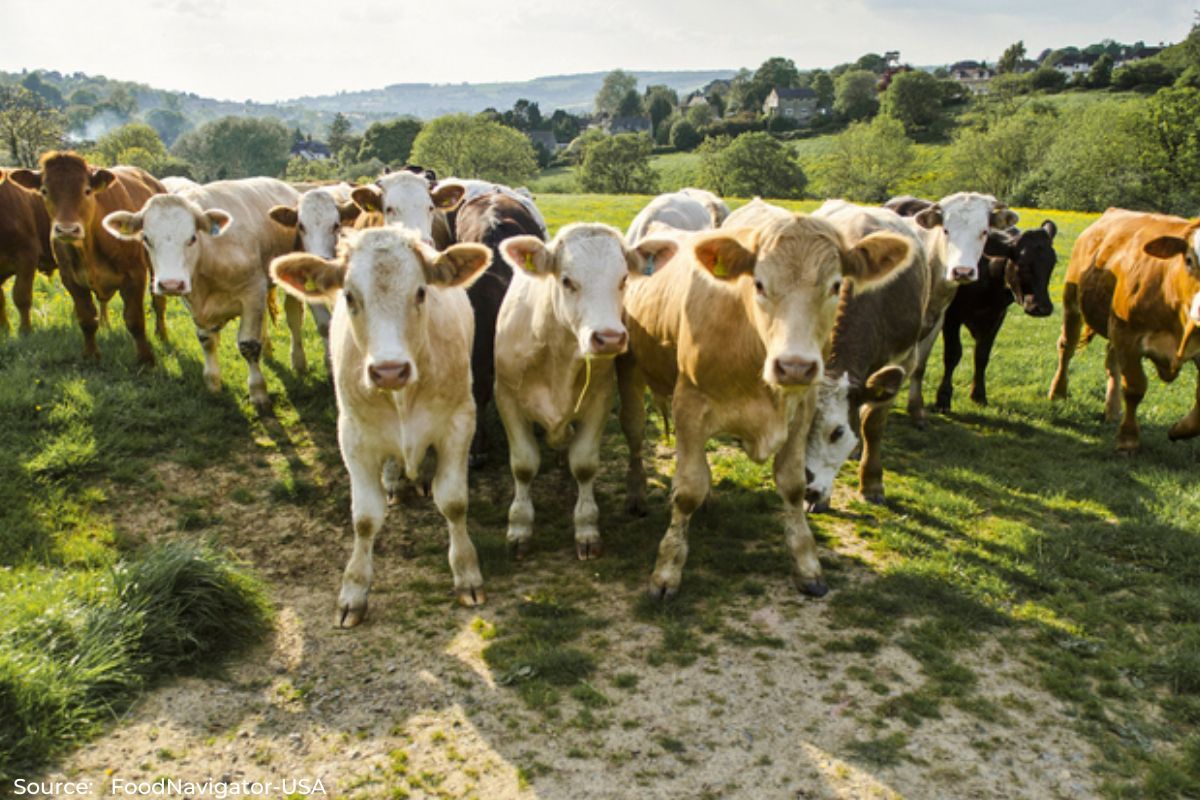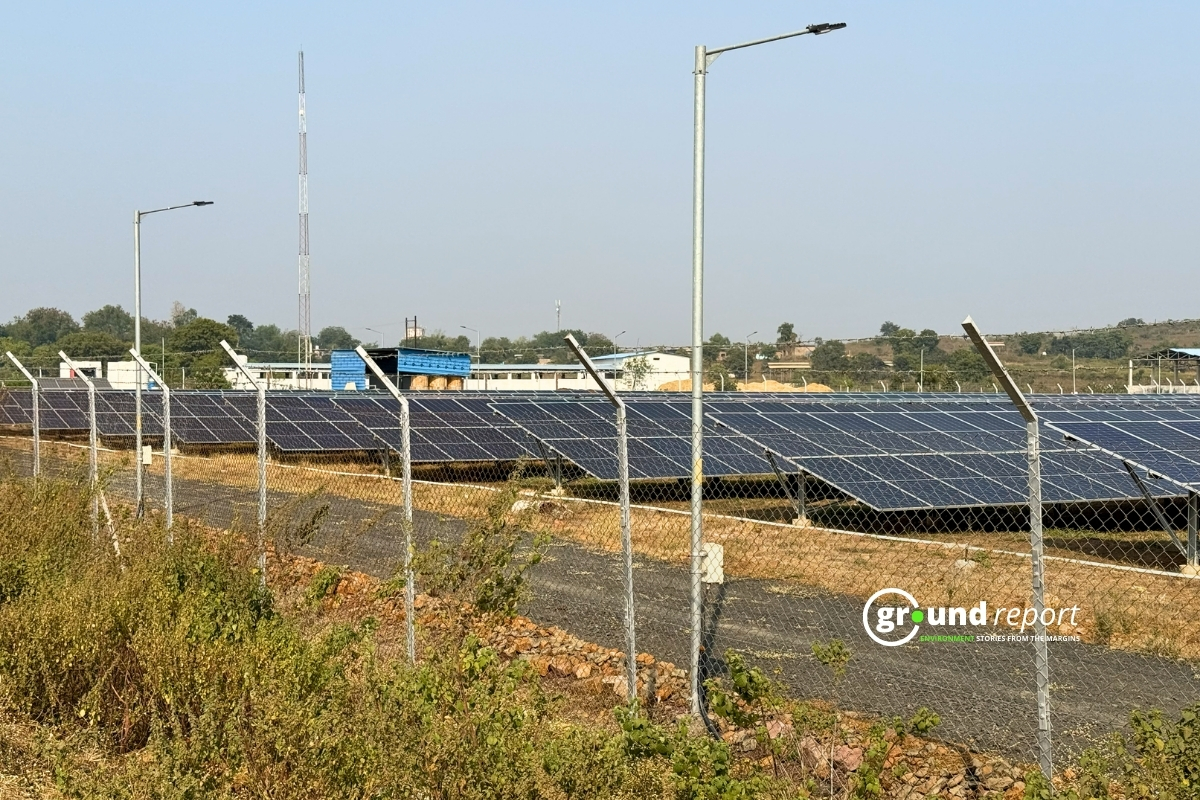As the impact of climate change continues to be felt around the world, sustainable practices are becoming more important. Among these practices is zero-carbon milk production, which can help mitigate the harmful effects of milk production on the environment.
Studies show that consumers are interested in this information, with almost 40% of food shoppers considering sustainability when making purchases. However, the labelling of these products is not regulated by government agencies, leaving consumers with limited information.
Milk production is one of the main contributors to greenhouse gas emissions, with an average of 1.2 kg of CO2e emissions produced for every litre of milk. To address this problem, some farmers are taking steps to reduce their emissions through practices such as feed stewardship, efficient energy use, and sustainable waste management.
The Changing Markets Foundation’s recent report has identified 53 examples of greenwashing in the food industry, which includes promoting carbon-neutral beef and milk.
What is Carbon Neutral Milk?
Carbon neutral milk is a term used to describe milk that has been produced with minimal greenhouse gas emissions, with the remaining emissions offset through measures such as planting trees or investing in renewable energy projects.
It is produced by farmers who adopt sustainable practices aimed at reducing emissions from their dairy farms, such as improving feed management, using efficient energy sources and implementing sustainable waste management.
The objective of carbon-neutral milk is to reduce the carbon footprint of dairy farming and contribute to the fight against climate change.
Benefits of carbon free milk
Carbon neutral milk involves offsetting the emissions produced during milk production. Farmers who produce carbon-neutral milk calculate their emissions and buy carbon credits to offset them. This means that for every liter of milk produced, an equivalent amount of carbon is removed from the atmosphere.
Producing carbon neutral milk has environmental and financial benefits. By adopting sustainable practices to reduce their carbon footprint, farmers can improve their reputations, attract environmentally conscious consumers, and access new markets. Also, offsetting emissions can help balance the impact of milk production on the environment.
Some companies, such as the New Zealand dairy cooperative Fonterra, have already started producing carbon-neutral milk. Fonterra launched its carbon-free milk in 2020, with 24 farms initially involved in the program. These farms have implemented a variety of measures, including feed management, efficient energy use, and tree planting. The remaining emissions are offset by carbon credits.
List of food companies started to go carbon-neutral
Some food companies that have started producing carbon neutral products or have committed to becoming carbon neutral in the near future include
- UK fast food chain Leon claims its chicken and vegan burgers are carbon neutral, but experts say it is using “ghost credits” from a forestry project that did little to reduce emissions.
- Canadian meat producer Maple Leaf Foods calls itself “the world’s first major food company to go carbon neutral,” but critics call it an “accounting gimmick” as the company simply excluded emissions it couldn’t offset.
- Australian supermarket Coles sells a range of “carbon neutral” beef, but critics say the company relied on faulty carbon credits from a reforestation project where vegetation was actually declining.
- Fonterra’s Simply Milk is supposed to be carbon-free milk, but it achieved the status almost entirely through carbon offsets. Fonterra is only required to reduce emissions in its supply chain by 2.2 percent per bottle by 2024 to retain its carbon neutral accreditation.
- Portland-based company Neutral sells “carbon-neutral” milk at Whole Foods stores in the US that “fights climate change,” but climate experts caution that the claims are based on shaky calculations and ” avoided emissions” instead of reducing emissions.
Carbon neutral milk a step in right direction
While carbon-neutral milk is a step in the right direction, it is not a silver bullet for climate change. It is essential to remember that offsetting should be the last resort after all other options to reduce emissions have been exhausted. Producing carbon neutral milk should not be seen as an excuse to continue with unsustainable practices.
Also, while carbon offsetting can help balance emissions in the short term, it does not address the root cause of climate change. The long-term solution is to reduce emissions at source by transitioning to renewable energy, reducing waste, and changing our consumption patterns.
Keep Reading
- Srinagar’s waste crisis: Experts warn city will become a trash city in 5 years
- Four-Lane Road To The Amarnath Cave And Delicate Ecology
- Climate Change Made Jammu Srinagar National Highway More Dangerous
Follow Ground Report for Climate Change and Under-Reported issues in India. Connect with us on Facebook, Twitter, Koo App, Instagram, Whatsapp and YouTube. Write us on GReport2018@gmail.com.










